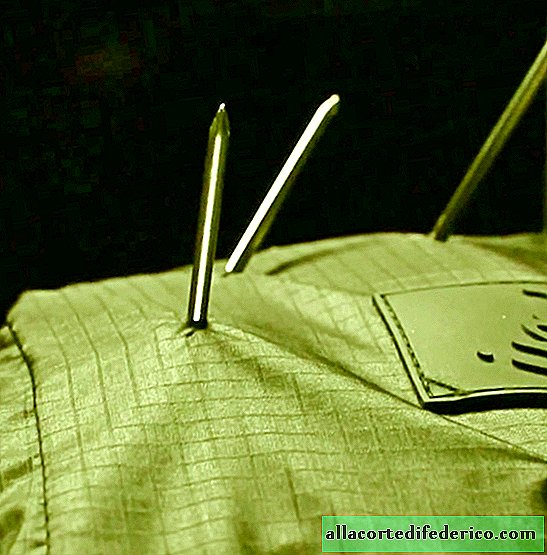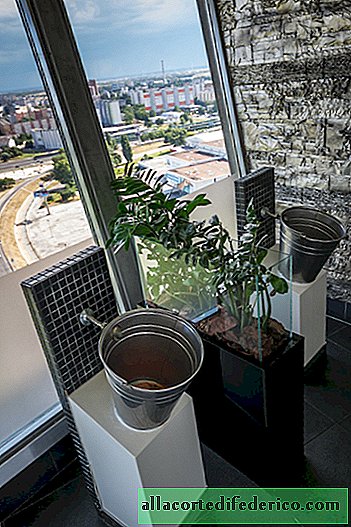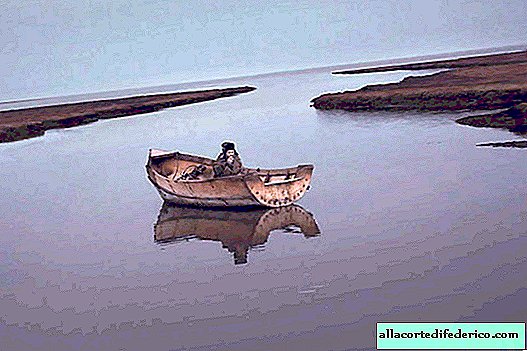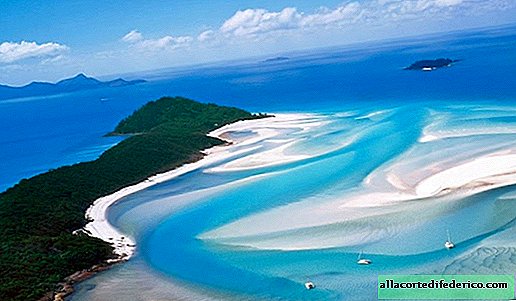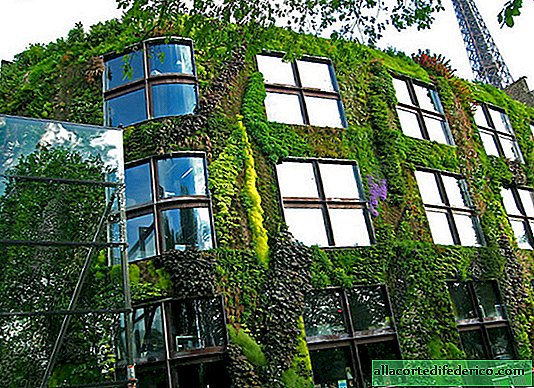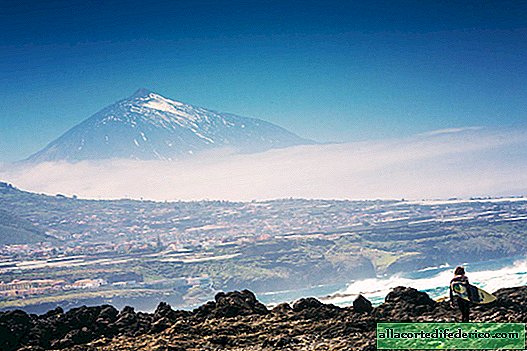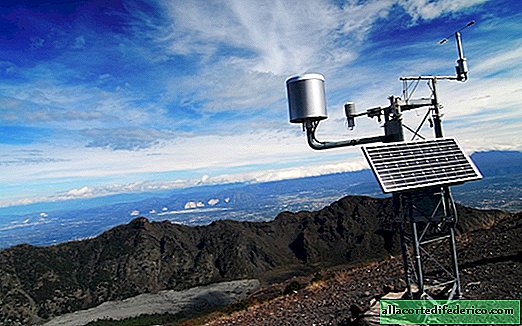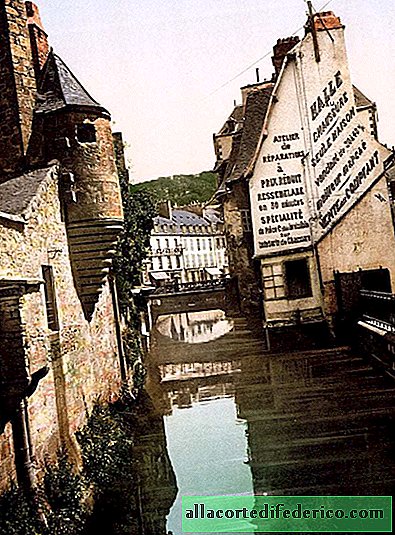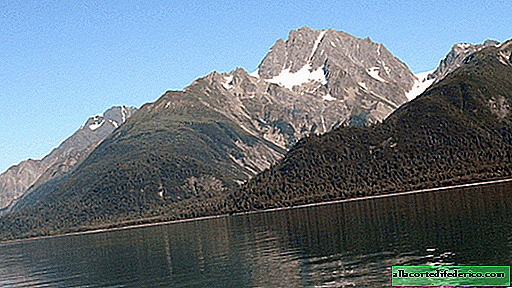Scientists have developed artificial algae to save coral reefs
Like reefs, coral algae are threatened today due to climate change. Their death will entail many problems for other marine species. To save them, scientists from Italy and the UK have developed unique artificial algae that can perform the same functions as real ones.
Coral Reef Architects
Researchers have rightly called coral algae "unsung architects of coral reefs." Pink algae, resembling honeycombs in structure, live in harmony with corals and all other marine life. They protect the foundation of coral reefs from expansion and tearing, essentially sticking together coral patches, provide space for small corals to grow, and also serve as food for marine fauna, including sea urchins, parrots and mollusks.

But, like corals, coral algae are very vulnerable to the devastating effects of climate change and ocean acidification. This makes them more fragile, so that they can no longer provide survival conditions for other species. Therefore, many beautiful species of marine fauna depend on the conservation of coral algae.
Fortunately, scientists seem to have found a way to handle this.
Underwater landing
Last month, several reefs of artificial coral algae made from a very flexible material were found in La Spezia Bay in northern Italy. Plastic algae look and move in the water like real ones. They will shelter the tiny inhabitants of coral reefs, and will also become a platform for the growth of real coral algae. 60 synthetic mini-reefs are only 10 cm in diameter, so they are conveniently placed in a natural reef.

Photo: Giancarlo Raiteri, Marine Environment Research Center ENEA, La Spezia, Italy
They were attached with epoxy resin. Scientists had to do this in three sets because of the capricious weather: for the resin to freeze, it takes 24 hours, and the stormy sea waves did not always give so much time.

Photo: Giancarlo Raiteri, Marine Environment Research Center ENEA, La Spezia, Italy
The material from which the algae is made is completely harmless to marine ecology. And after a year, algae will be removed and returned to the laboratory. They will be studied to find out exactly how algae interact with other species. The research results will allow in the future to develop new, more advanced strategies for the protection and preservation of the marine biosphere.

